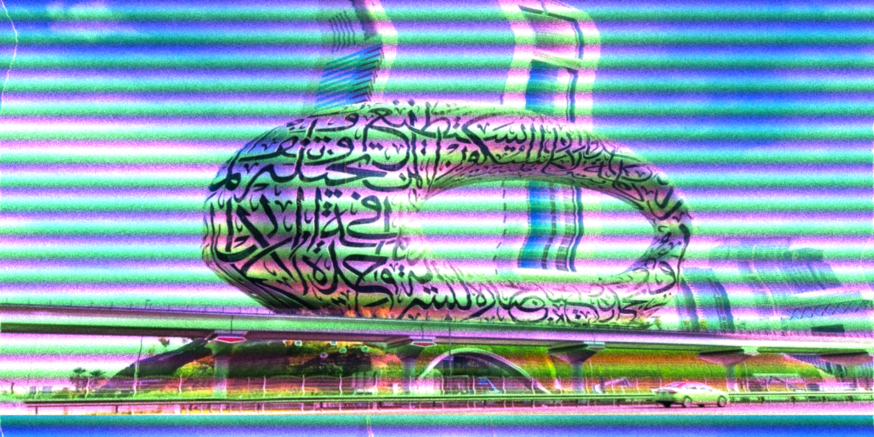- Dubai’s VARA and Peaq collaborate to regulate decentralized robotics and AI.
- The partnership will develop a framework for machine economy compliance in Dubai.
- Peaq’s blockchain enables machines to own assets and generate income.
- The Machine Economy Free Zone tests decentralized networks with robotics and AI.
Dubai is taking a major step in shaping the future of the machine economy. The city’s Virtual Assets Regulatory Authority (VARA) has partnered with the decentralized physical infrastructure (DePIN) protocol, peaq, to establish regulations focused on the integration of robotics, artificial intelligence (AI), and tokenized machines. This collaboration aims to create a framework that supports innovation in the machine economy while ensuring compliance within Dubai’s growing digital asset landscape.
Peaq and VARA’s Collaborative Effort
Peaq has signed a Memorandum of Understanding (MoU) with VARA to develop regulatory guidelines for the machine economy. The collaboration focuses on the use of decentralized networks for robotics and tokenized machines.
Peaq’s platform, a layer-1 blockchain, supports the concept of machines and devices owning assets, sharing data, and generating income. The partnership will help create regulations that ensure these systems operate in a compliant, efficient, and transparent manner.
Max Thake, co-founder of Peaq, emphasized that this agreement is crucial for fostering the machine economy while maintaining a legal and compliant framework. Both parties aim to provide guidance to projects looking to obtain VARA licenses. Additionally, they plan to conduct joint training sessions to enhance understanding of the technological and regulatory requirements within this emerging sector.
The Machine Economy Free Zone
A significant aspect of this collaboration is the establishment of the Machine Economy Free Zone. Launched in July 2025, this zone serves as a testing environment where robotics and AI can be integrated into decentralized networks.
It allows projects to experiment with these technologies while ensuring they meet regulatory standards. The free zone is seen as a crucial space for exploring the potential of machines and AI to generate economic value on blockchain platforms.
The goal of this free zone is to create a controlled setting where developers and businesses can build and deploy new technologies in the machine economy. This includes everything from autonomous vehicles to robots that can engage in economic activities, such as earning income from their operations. It also allows participants to test and scale new systems while navigating the complexities of blockchain regulations.
VARA’s Ongoing Efforts in Digital Asset Regulation
The partnership between VARA and Peaq is part of Dubai’s broader strategy to regulate and promote digital assets. VARA has already made strides in overseeing the growing crypto and Web3 sectors. The agency aims to position Dubai as a global leader in digital asset regulation.
VARA has previously partnered with Dubai’s DMCC (Dubai Multi Commodities Centre) to set up regulatory frameworks for tokenized commodities. These efforts reflect Dubai’s ambitions to become a hub for digital assets, attracting significant global investment.
Matthew White, CEO of VARA, noted that the agency’s goal is to make Dubai the global benchmark for the safe and sustainable growth of emerging asset classes like the machine economy. This aligns with the UAE’s broader ambition to lead in digital asset innovation and regulation, creating a secure and transparent environment for businesses and investors in this space.
Dubai’s Role in the Digital Asset Ecosystem
Dubai’s efforts in digital asset regulation have contributed to the city’s growing role as a hub for the global crypto industry. Since VARA’s establishment in 2022, Dubai has become one of the most attractive destinations for crypto businesses. Recent regulatory updates have clarified rules regarding the issuance and trading of tokenized real-world assets (RWAs).
Furthermore, VARA’s recent agreements with the UAE’s Securities and Commodities Authority (SCA) aim to harmonize regulations across the country, making Dubai’s licensing process more streamlined and comprehensive.
The UAE’s regulatory environment for digital assets has made it an appealing location for high-net-worth investors. The country has seen a rise in the number of millionaires relocating to Dubai, with predictions of further growth in the coming years. This shift has positioned Dubai as a central player in the global digital asset ecosystem, with expectations of continued growth and innovation in both the crypto and machine economy sectors.







